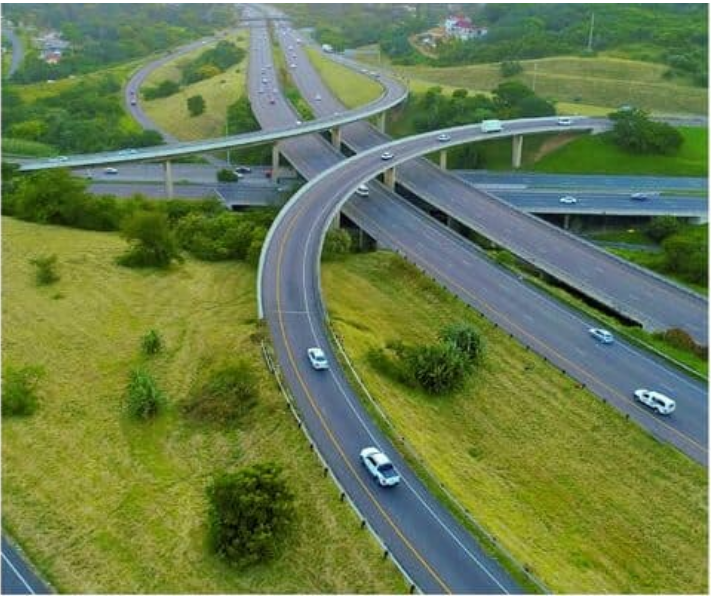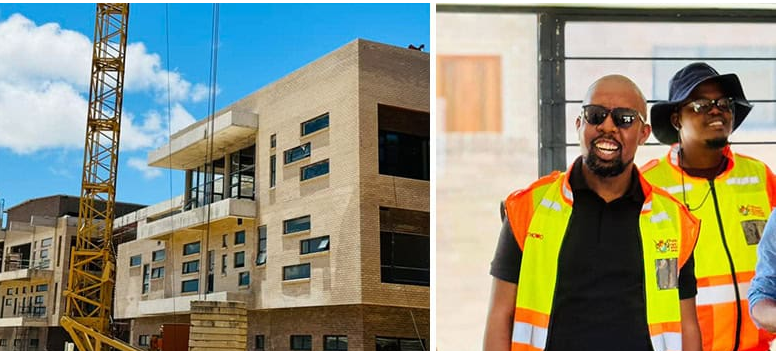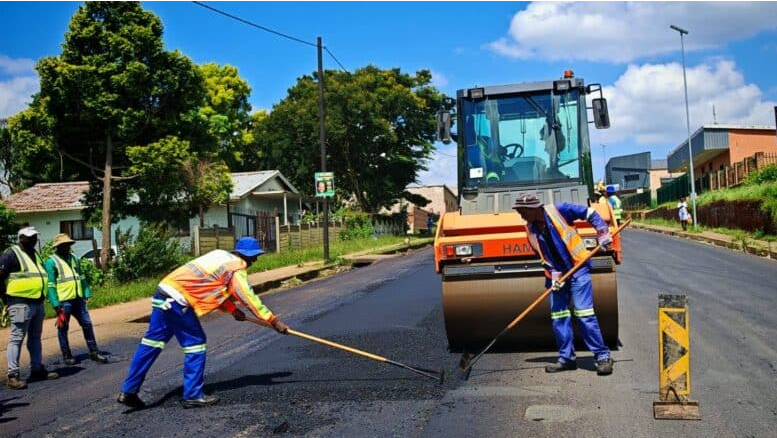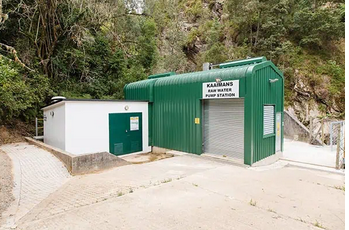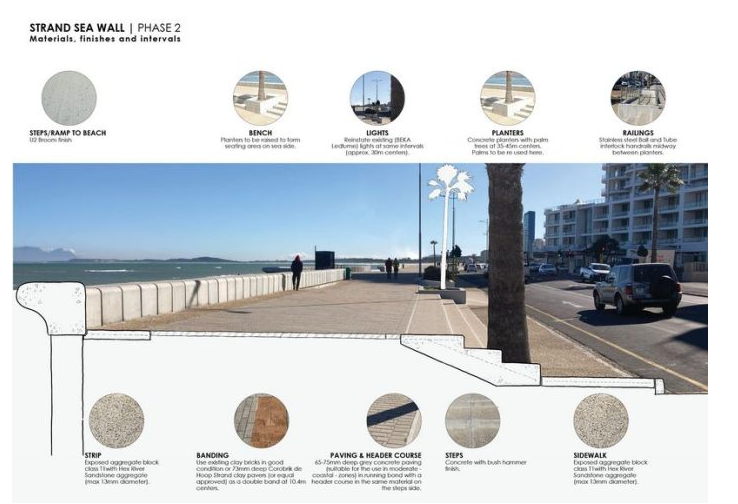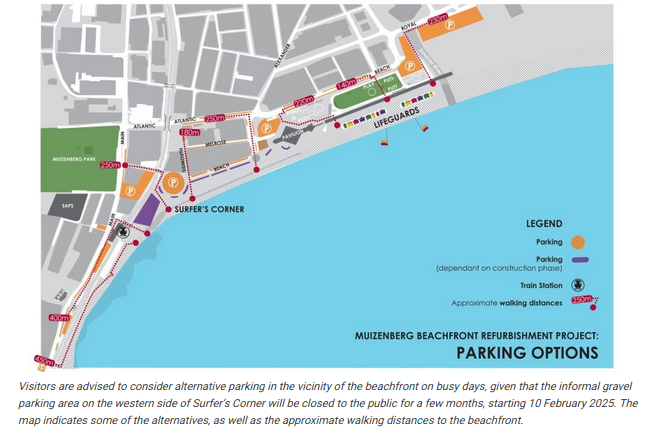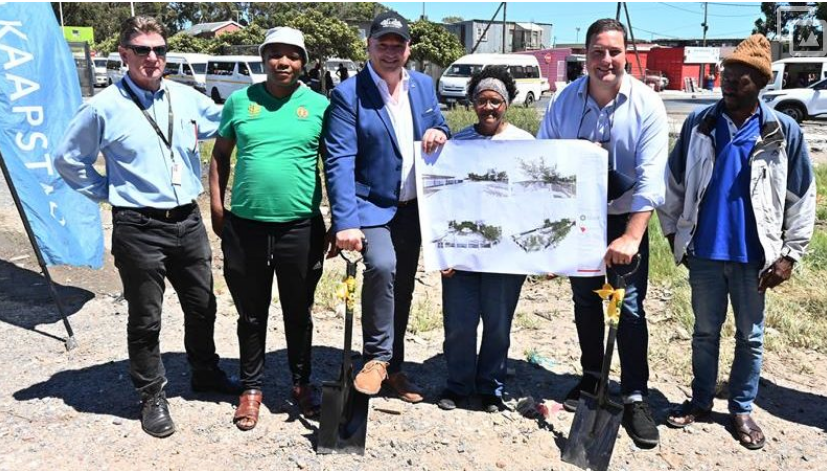'Forget about state capture': Eskom warns of collapse without higher tariffs as it faces regulator in court

Advertising
15-01-2020
Read : 346 times
Fin24
Source
Eskom says if it is not granted tariff increases it wants from March this year, its finances might collapse, triggering a national crisis, as both the state’s credit ratings and consumers’ well-being would suffer.
The power utility - which is battling to keep the lights on due to aging power stations, among other factors - is also sitting on a R450bn mountain of debt, causing to struggle containing runaway diesel and debt servicing costs. In 2018, it applied to the National Energy Regulator of SA (Nersa) for electricity tariff increases for the three financial years ending in 2021/ 2022, which would have enabled it to amass R834bn in allowable revenue over that period. The total allowable revenue sought by the parastatal would have increased electricity tariffs by 15% in each of those years.
However, Nersa only approved a 9.41% tariff increase for the 2019/20 year, which would decrease to 8.1% and 5.2% in the successive years, R173bn short of the R834bn revenue Eskom wanted the new tariff increase considered the R23bn cash injection that Eskom received from National Treasury last year. But Eskom is arguing that it was wrong of the regulator to consider this money when it determined the tariffs as it created a R69bn gap in the utility’s finances to 2022.
Representing Eskom at the High Court in Pretoria, where the power utility has applied for interim relief - asking the court to grant it 16.6% tariff increase for the current year and 16.7% increase for 2020/21 - Advocate Matthew Chaskalson said if the parastatal doesn’t get these increases, its finances will collapse.
Tariffs the least of SA's worries
“Genuinely, it is a national crisis. We will submit to you, your worship, that there is a very real risk that if we have to wait until the start of 2021/2022 financial year, the country may have collapsed by then,” said Chaskalson.
He said because R318bn of Eskom’s current debt is guaranteed by the state, if the utility defaults because tariffs don’t cover its costs, those guarantees will immediately become payable by the state. And if the state cannot pay it, it could trigger an immediate liability for the state’s R980bn debt too.
Chaskalson said if it comes to that, what consumers will experience will be far worse than they’ll experience under tariff increases. He said as much as consumers find “pain” in tariff increases, electricity prices in the country are “too low”. He said even the World Bank has advised Eskom that if it wanted to be on an equal footing with other electricity utilities, it needs to look at its tariff because “81% of its problems [are] tariffs.”
'Forget about state capture'
Chaskalson urged the Court to look past the state capture debate as Eskom has been fingered as one of the institutions used to facilitate it. He said such debate diverts attention from the fact that Eskom’s tariffs are low.
“We are not saying that state capture was not a mess of history. But we are saying forget about state capture, let’s look at what reasonable tariffs would be in a regime where parliament has agreed that electricity must be finances at a point of provision,” he said.
Nersa is yet to present its case. But the regulator has said in its answering affidavit that its calculations showed that had it not considered the R23bn cash injection Eskom would receive from government in the three years to 2022, electricity prices would have increased by 53%.
Recent News
Here are recent news articles from the Building and Construction Industry.
Have you signed up for your free copy yet?
